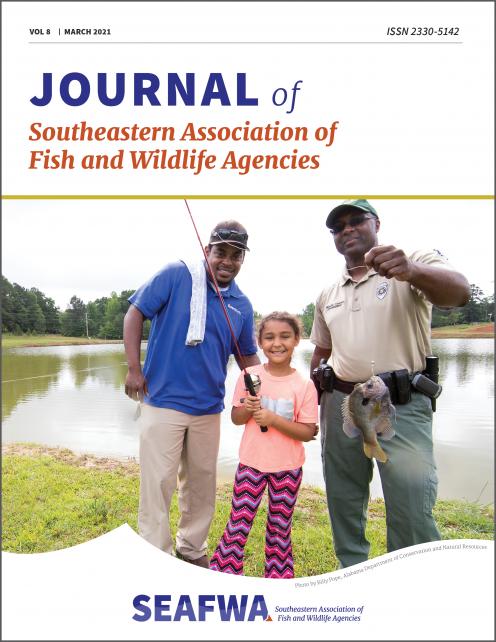Focus Group Interviewing for Human Dimensions of Wildlife Research
We investigated the usefulness of focus groups, an interview methodology, in human dimensions research. We used a focus group to interview people interested in wildlife conservation to determine the technique's efficacy in assessing public perception of wildlife habitat management on electric transmission line rights-of-way (ROWs). Most respondents had some basic knowledge of wildlife habitat needs and considered ROWs as potentially useful to wildlife. Respondents were concerned about the use of herbicides and generally preferred mechanical treatments. There was considerable distrust of...
